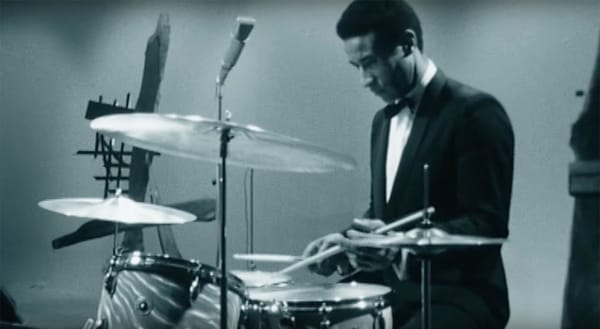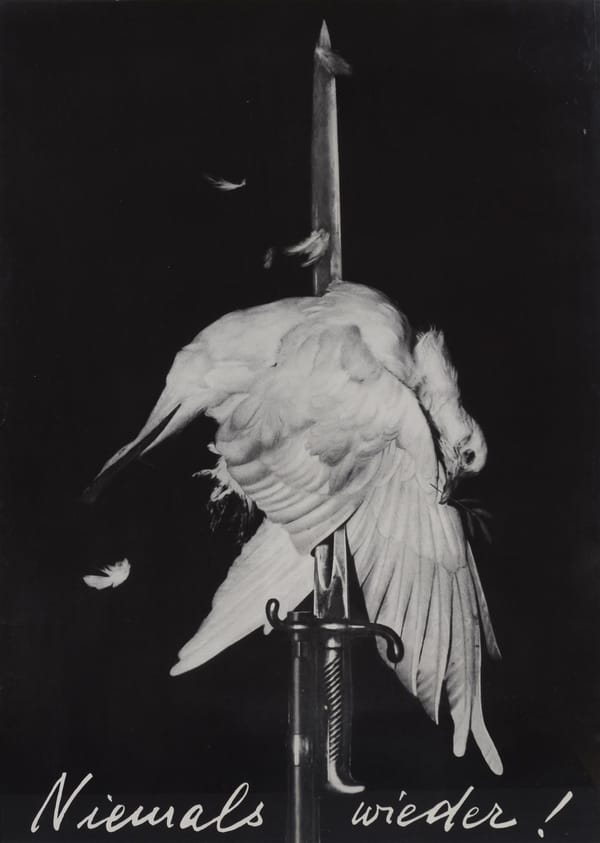I Am Done Calling God Father

1.
There is a very old idea that God as creator is God the father. We must rid ourselves of all the vestiges of this idea.
Thanks for reading Jack’s Substack! Subscribe for free to receive new posts and support my work.
2.
Along with the idea of God as father came the idea of creation as God making order out of chaos. We must learn to see things differently. Order and chaos are arbitrary constructs we project onto nature. Just as father is a construct we project onto God.
3.
It is not necessary for the father to be an oppressive figure, but historically it is so.
4.
Of course, it is inevitable that my own experience comes to bear on this point. It is impossible to speak critically of fathers in general without implying a critique of my particular father. It usually requires a crisis of authority for one to see into the problem of patriarchy. My father had to have his authority compromised in order for me to gain insight into the problem with fatherhood in general. And one is at a disadvantage for understanding this issue if one has an uncomplicated and overall good relationship with their father. I had to be disabused of the idea that father knows best in order to be disabused of the idea of God as father. I use the word “disabused” purposefully. One cannot think clearly if one is constantly haunted by the private musings and prejudices of their father, which is the case with anyone who has not learned to transvalue their father’s wisdom.
But even a transvaluation is not enough. After one learns to see things the opposite way as their father, they then must learn to relativize both perspectives. This is the problem with the new atheists. Transvaluing fundamentalist Christianity, they become unbearable know-it-alls, replacing one dogmatism with another. It still stinks of the presumption of the father. It is not enough to become the opposite of the father, for opposites depend on each other for definition. The father must be radically decentered.
5.
Mary Daly exposed the patriarchal character of Western theology. She critiqued that male theologians had established “a universe of sexist suppositions.”[1] She theorized that the death of God which Nietzsche announced was really “the death of God the father.”[2] In her book Beyond God the Father, she outlines how this death opens up the possibility of new life for women, who can overcome the old, patriarchal worldview with new words that correspond to new, liberated experiences.
6.
Along similar lines, Catherine Keller critiqued Western theology for seeking to establish masculine order over feminine chaos. Her book Face of the Deep analyses patriarchal interpretations of God’s relation to tohu vabohu (“formless and void”) and tehom (“deep”) in Genesis 1. She calls western theology “tehomophobic” in its demonization of chaos and exaltation of order.[3]
7.
Along with chaos, Western theology has rejected the material world, opting for a thoroughgoing emphasis on God’s essential difference from nature. Mary-Jane Rubenstein critiques this “materiophobic mantheism” in her book Pantheologies.[4] In its place, she offers a pantheistic theology of multiplicity, which identifies God with the material world and appreciates the plurality of matter.
8.
These three theologians (Daly, Keller, Rubenstein) represent a turn from the Western-patriarchal idea of God the father and toward the kind of theology we need. This kind of theology exchanges otherworldliness for earthliness, sameness for plurality, and patriarchy for liberation.
9.
There is no understanding God without the death of God the father. Ultimately, God is not the father, for God is boundless. As God is boundless, so the father must be an idol.
10.
Any and all limits that define the human mind are too constricting for God. Only by transgressing these bounds are we able to open our minds to God. Knowledge of God is thus fundamentally a liberation of the human mind.
Notes:
[1] Mary Daly, Beyond God the Father: Toward a Philosophy of Women’s Liberation, (Boston: Beacon, 1973), 5.
[2] Daly, 12.
[3] Catherine Keller, Face of the Deep: A Theology of Becoming (New York: Routledge, 2003), 26.
[4] Mary-Jane Rubenstein, Pantheologies: Gods, Worlds, Monsters (New York: Columbia University, 2018), 59.
Thanks for reading Jack’s Substack! Subscribe for free to receive new posts and support my work.



